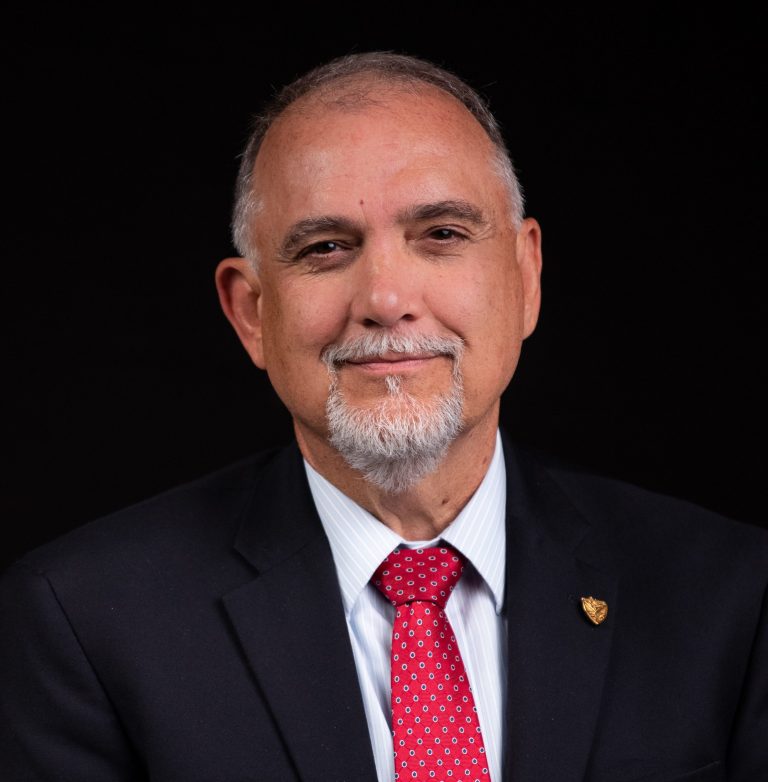Pastor Tom Ascol continues his series on 2 Corinthians. In a message entitled “The Greatest Boast of a Faithful Apostle” the pastor opens God’s Word at 2 Corinthians 12:1 – 21. Paul uses this chapter to continue finish writing, however self-consciously, about himself and then transitions into one of the most important lessons a Christian can learn.
All of Chapter 11 and the first 11 verses of our chapter today are spent by Paul talking about himself. He does this not to brag but rather to convince the wandering Corinthians of his faithfulness to God and to them. He does this in order to counter the teaching of the so-called “super apostles.” Countering these false teachers is accomplished with three arguments. First Paul reminds them he has the signs of the apostles. He had performed “signs and wonders,” signs which prove the authenticity of his message, while among them. Further, Paul had sacrificed for their welfare. He had not burdened them for his support but had earned his own livelihood apart from his preaching. Regarding them as a father regards his children, he was more concerned for their welfare than for his yet he is repaid by being loved less by them. His critics have turned his sacrifice against him as if his message, the gospel, was not worthy of support. Finally, Paul argues his fear of the Corinthians failing to repent of their sin. He is not interested in defending himself but has written for Christ’s sake and for their own sake. He tries to help them see sin in their own lives.
Paul has been embarrassed by the need to boast but his greatest boasting leads us to the truth that faithful servants of Christ embrace their weaknesses for the glory of God. Paul is again hesitant to talk about himself, in this case a revelation he experienced in being caught up to heaven. He does not emphasize an ecstatic experience, a good example to modern Christians. He does not point to himself but rather to what he saw and learned. His lack of boasting to glorify himself, however, points to the real reason for his boasting; the power of Christ in him. Paul had received a troubling thorn in the flesh. Given by God to ensure Paul’s humility, the nature of this thorn cannot be definitively known. It is clear, however, Paul prayed for relief. Yet God tells him in Paul’s weakness God’s strength can be shown and magnified. God’s power working in and through a Christian is a reason for boasting as the attention and glory goes to God not the servant. Verse 9, God’s “grace is sufficient for you, for my power is made perfect in weakness” is the high point of the whole letter. God’s grace and God’s working are not the result of human strength. Our weakness is the platform on which God’s power is unleashed. The question for believers then is, can believers revel in their weakness as a way for God’s power to shine through. It is the way God works.























